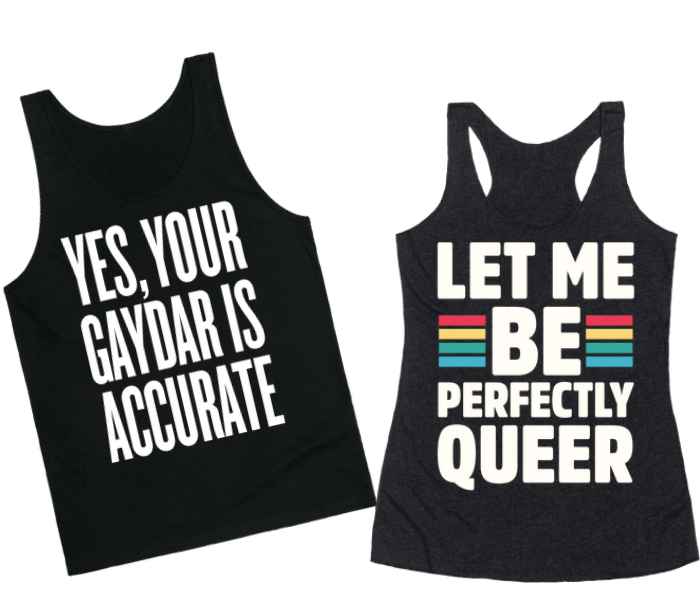Kerby Anderson
In an important case involving religious liberty, a Kentucky court ruled that a print shop does not have to make gay pride T-shirts. The dispute arose a number of years ago when the Gay and Lesbian Services Organization asked Hands on Originals to make T-shirts with the name and logo of a pride festival. Blaine Adamson said he refused to print the shirts because it violated his business policy of not printing messages that endorse a position in conflict with his convictions.
Although he referred the homosexual group to another printing company to fulfill the order, the LGBT advocates filed the complaint with the county human rights commission. The commission argued that he was discriminating against the homosexual group.
Mr. Adamson offered examples of other orders he refused. These included one that used an offensive word and another that was a depiction of Jesus dressed as a pirate. It is also worth mentioning that he regularly does business with the LGBT community and even employs homosexuals. Nevertheless, the lower court said he was in violation of the local “fairness” ordinance.
This appeals court ruling is encouraging. We wouldn’t demand that a print shop owned by a vegetarian should be forced to print flyers for the cattleman’s association. We shouldn’t force a print shop owned by an African-American to print posters for a white supremacist group. But we rarely hear about such conflicts for two reasons.
First, if a print shop declined to print something, the customer would merely go to another shop and not even bother to file a complaint. Second, most customers would probably avoid a print shop that might object to their message. That is the difference. In many of these cases, LGBT members specifically target Christian printers, bakers, florists, and photographers in order to create a problem and then report it to the local or state human rights organization.
I’m encouraged that common sense has broken out at least in one court in this country.
 Listen Online
Listen Online Watch Online
Watch Online Find a Station in Your Area
Find a Station in Your Area











 Listen Now
Listen Now Watch Online
Watch Online
